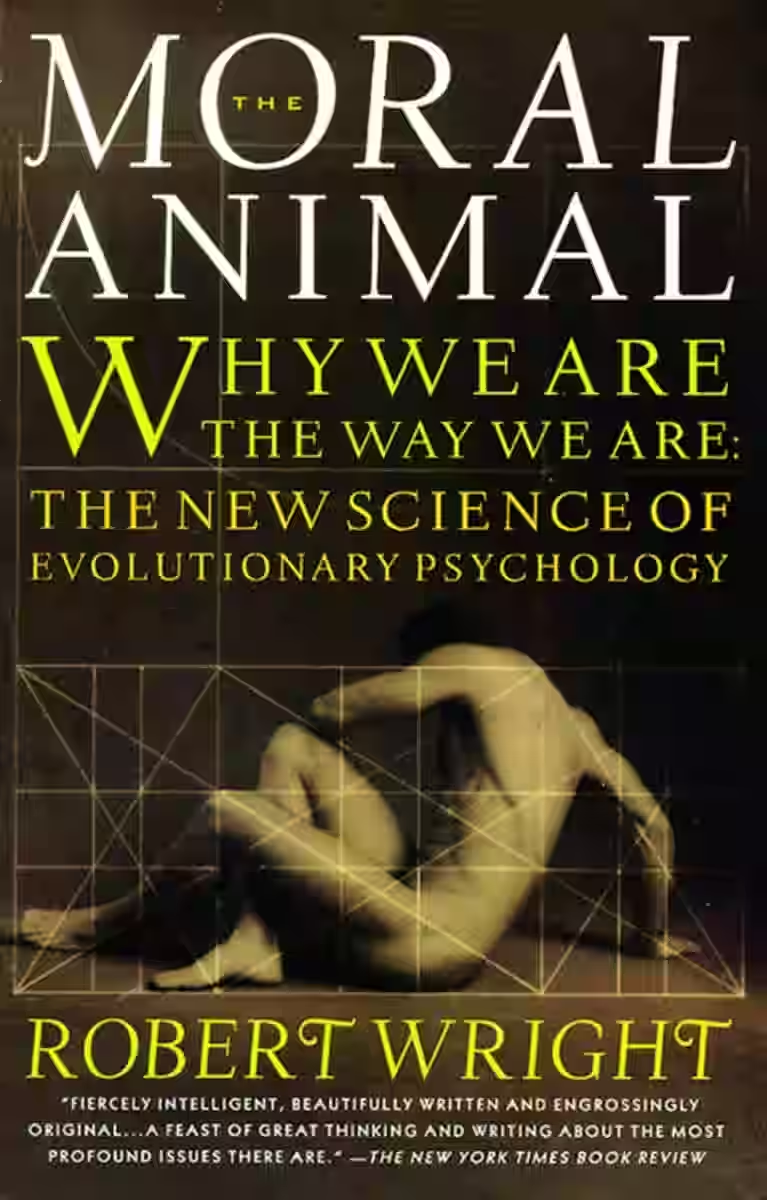
In The Moral Animal, Robert Wright applies evolutionary psychology to human behavior, relationships, and ethics. Drawing on Darwinian theory, he explains how natural selection has shaped not just our bodies but also our minds—our moral instincts, mating preferences, and social behaviors. The book investigates how selfish genes can produce selfless actions and how our evolutionary history influences love, jealousy, parenting, and morality. Wright uses Charles Darwin’s life as a case study, linking theory with biography. Thought-provoking and accessible, it challenges assumptions about free will, altruism, and the roots of human nature.
About Robert Wright
Robert Wright is an American author, journalist, and scholar of evolutionary psychology and religion. His books—including The Moral Animal, Nonzero, and Why Buddhism Is True—explore the intersections of science, morality, and spirituality. In The Moral Animal, Wright applies evolutionary theory to human behavior and ethics, offering insight into the biological roots of our social lives. A visiting lecturer at Princeton and a contributor to major publications, Wright is known for his ability to distill complex scientific ideas into accessible, thought-provoking narratives. His work challenges readers to examine the evolutionary logic behind emotions, morality, and belief systems.
Similar Books
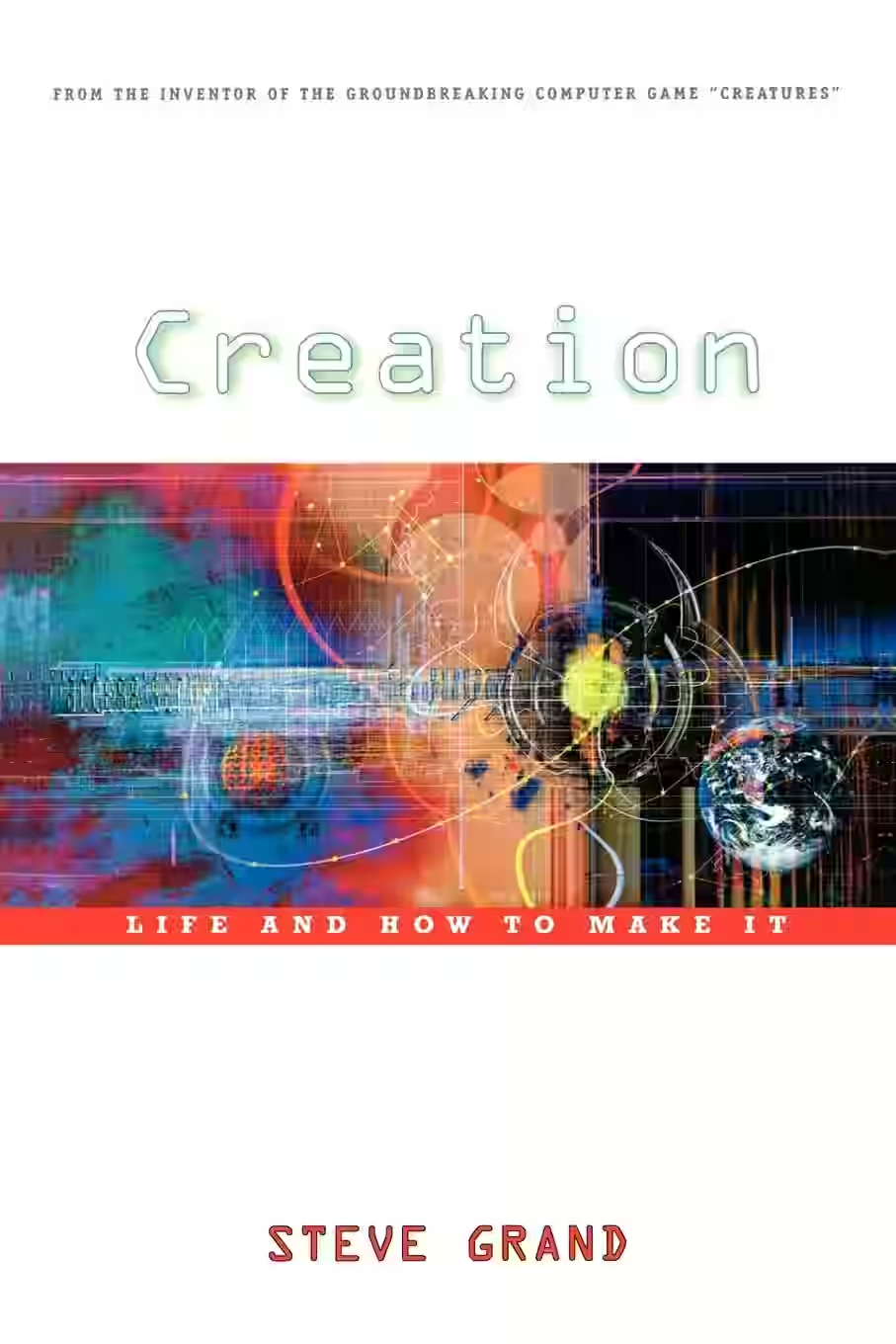
Creation: Life and How to Make It
In Creation, Steve Grand—creator of the artificial life game Creatures—explores the nature of life, intelligence, and consciousness from the perspective of an artificial life researcher. Blending computer science, biology, and philosophy, Grand argues that life can be understood and even recreated through complex, self-organizing systems. He challenges traditional views of the mind and body, suggesting that understanding emergence and connection is key to replicating living processes. With imagination and technical insight, Creation is a provocative meditation on what it means to be alive—and whether machines can one day truly think, feel, and evolve like biological organisms.
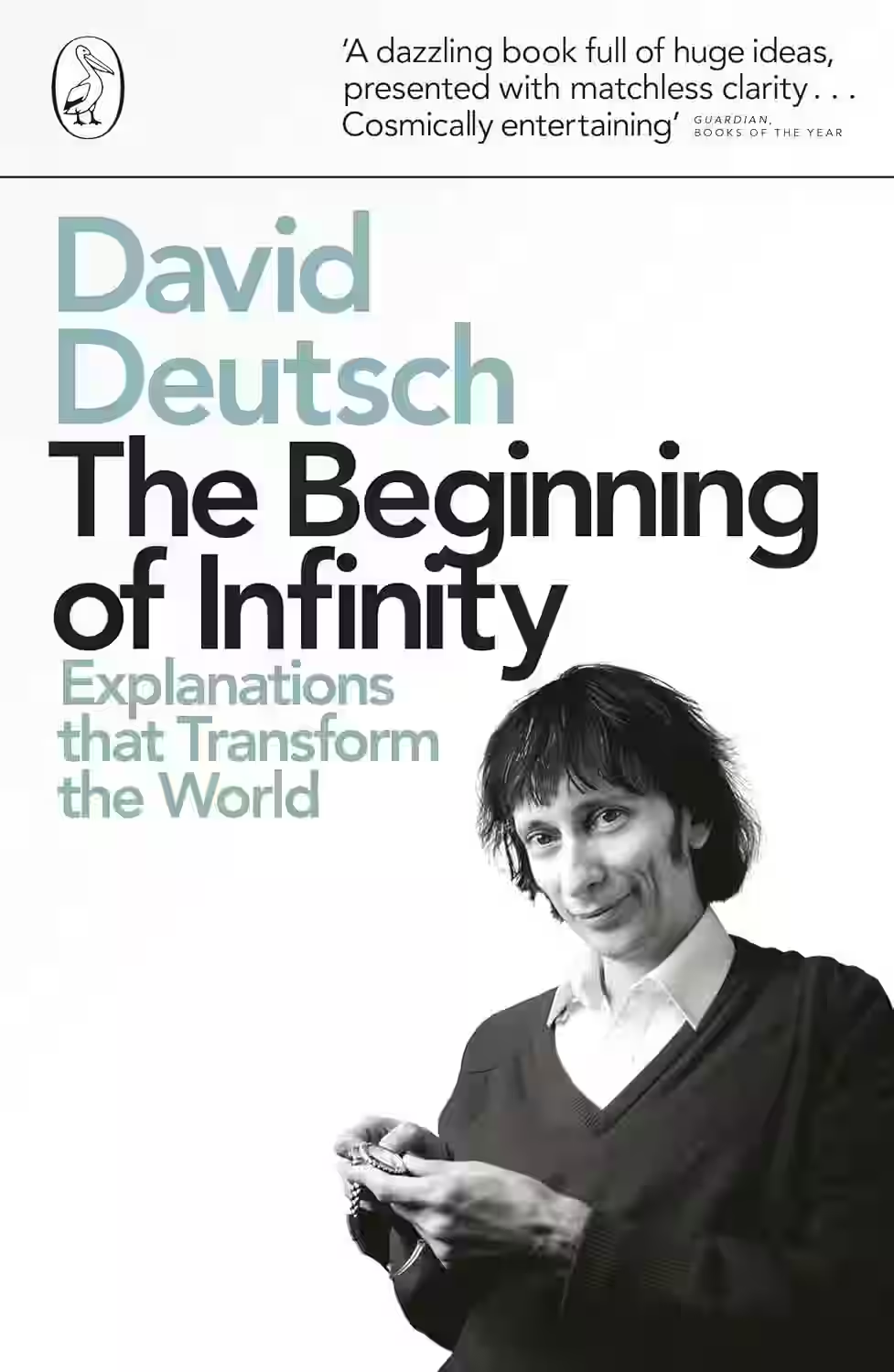
The Beginning of Infinity
David Deutsch's The Beginning of Infinity explores the boundless potential of human knowledge and progress. He argues that through better explanations and critical thinking, humanity can solve problems previously deemed unsolvable. The book delves into topics like quantum physics, philosophy, and the nature of scientific discovery, emphasizing that there are no inherent limits to what we can understand. Deutsch posits that with the right knowledge, we can achieve infinite progress, making this work a profound examination of human potential and the transformative power of ideas.
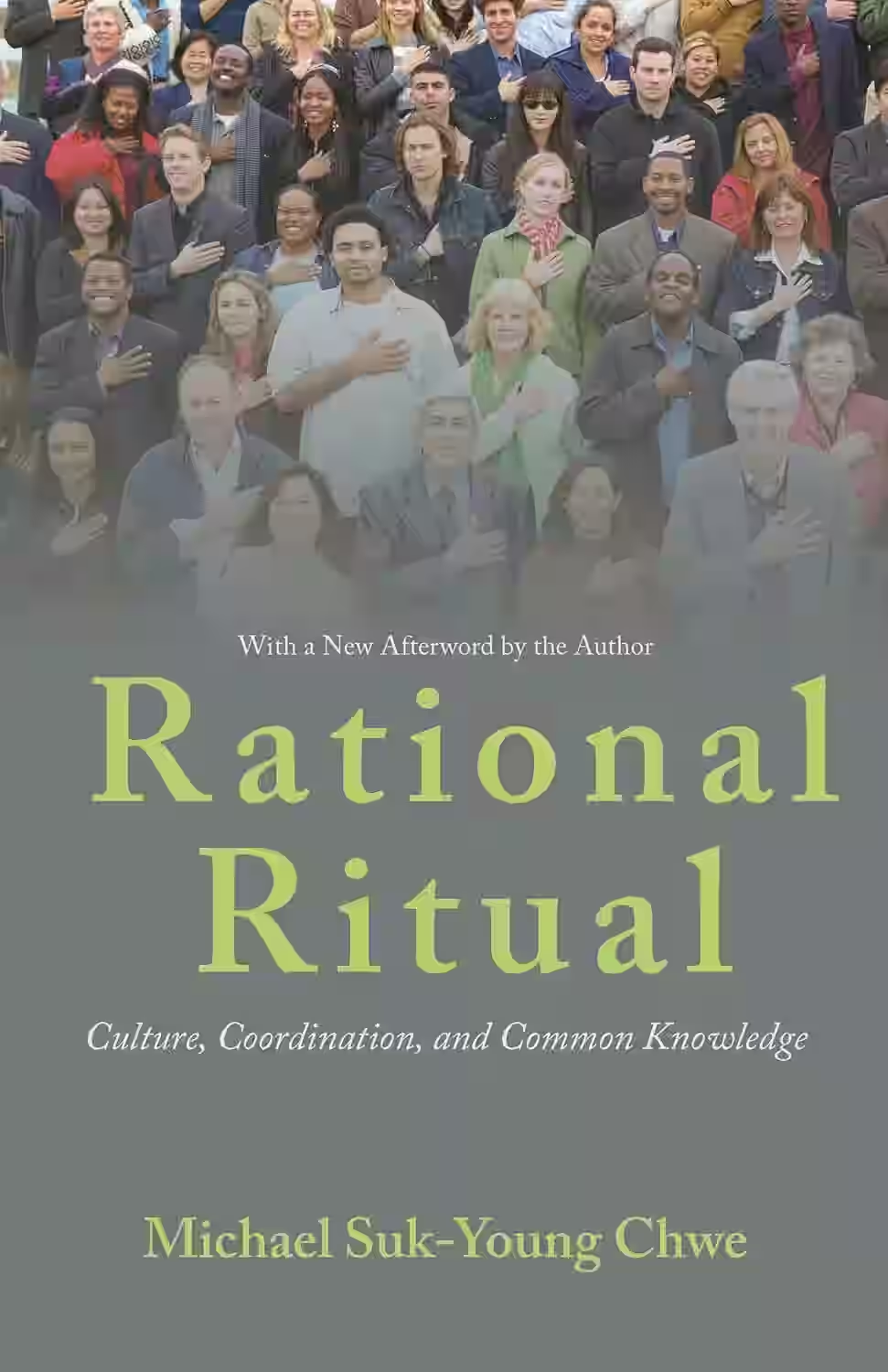
Rational Ritual
Rational Ritual explores how rituals—from presidential inaugurations to sports events—create common knowledge, a shared awareness that everyone knows everyone knows. Chwe, a game theorist, argues that these shared experiences are vital for coordination in society. By applying game theory to cultural rituals, he sheds light on why such practices persist and how they help societies function. The book offers unique insights into advertising, politics, and social networks. Zuckerberg recommended Rational Ritual for its relevance to online platforms, where creating and managing shared experiences is key. It’s an intellectually stimulating read for anyone interested in the intersection of culture and logic.
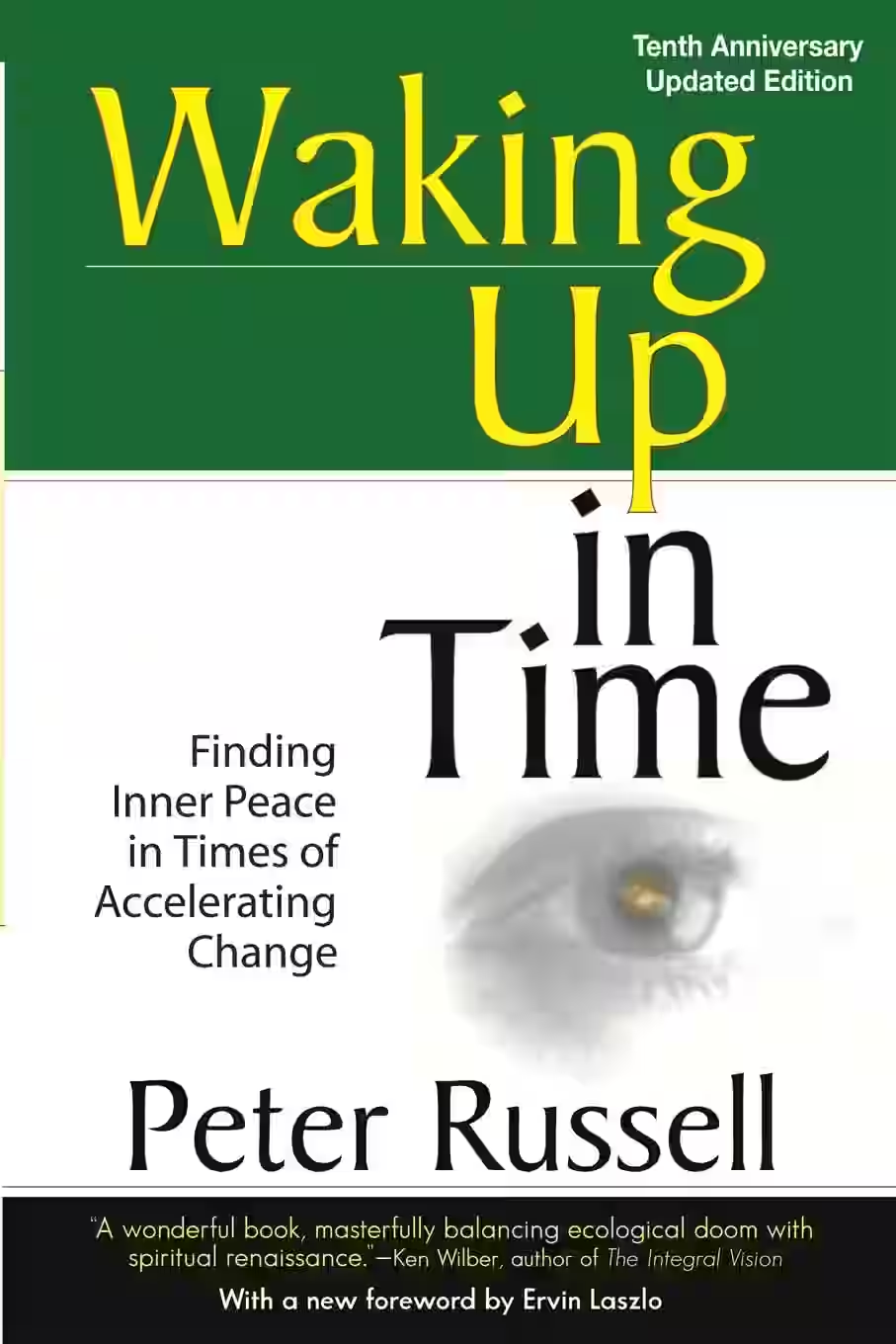
Waking Up in Time
In 'Waking Up in Time' by Peter Russell, the author challenges readers to contemplate humanity's place in the universe and the urgent need for a shift in consciousness. Russell explores the interconnectedness of all life forms, the concept of time, and the role of technology in shaping our reality. Through a blend of science, spirituality, and philosophy, he delves into profound questions about the nature of existence and the potential for humanity to awaken to a higher state of being. This thought-provoking book offers a compelling vision of a harmonious future if we embrace mindfulness, compassion, and sustainable living.